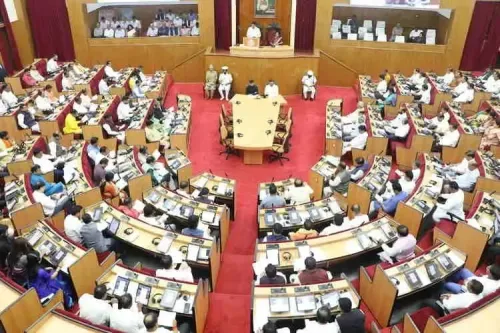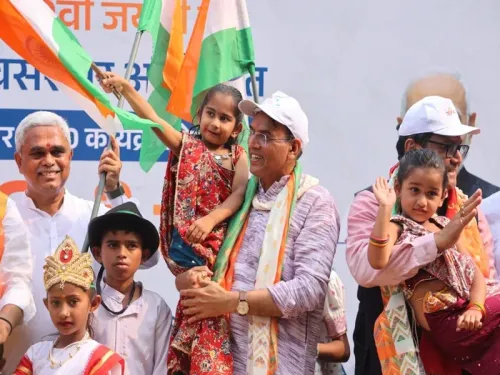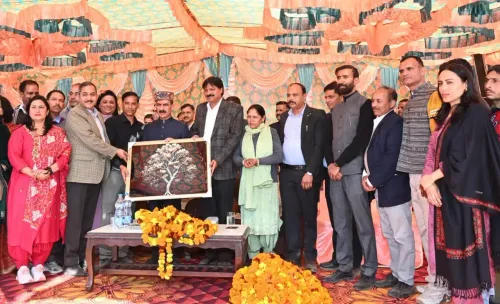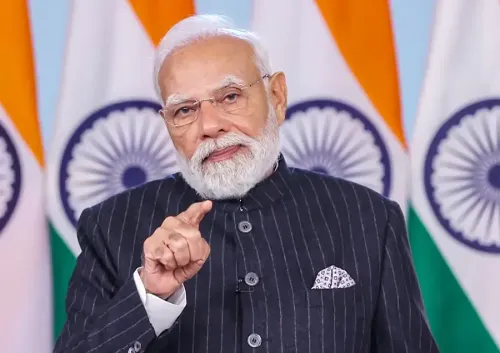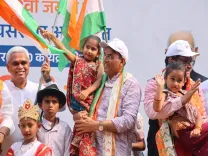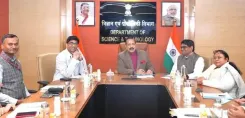How will the MP Cabinet's approval transform Bhopal and Indore into metropolitan cities?
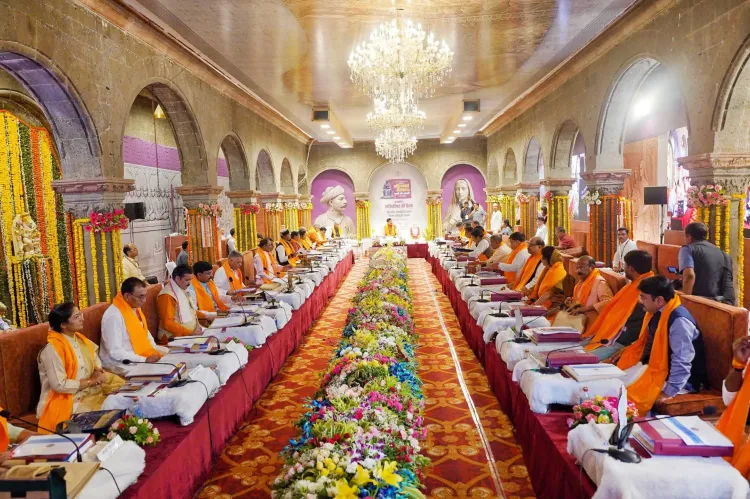
Synopsis
Key Takeaways
- Madhya Pradesh Cabinet approved the Metropolitan Region Planning and Development Act.
- Bhopal and Indore to be developed as metropolitan cities.
- Each metropolitan area will have dedicated development authorities.
- Focus on integrated development plans addressing local needs.
- Investment in education, industry, and healthcare sectors.
Bhopal, May 20 (NationPress) In a remarkable advancement, the Cabinet of Madhya Pradesh has given its nod to the Metropolitan Region Planning and Development Act, thus initiating the transformation of Bhopal and Indore into metropolitan cities.
The envisioned Bhopal Metropolitan area will encompass five districts: Bhopal, Raisen, Vidisha, Sehore, and Rajgarh. Meanwhile, the Indore Metropolitan area will include Indore, Ujjain, Dewas, and Dhar districts.
Following the approval of this proposal, the state government plans to establish metropolitan planning committees and metropolitan region development authorities. According to the Chief Minister, these authorities will develop and execute integrated development plans that cater to the unique geographic and economic conditions of each metropolitan region.
This initiative is aimed at fostering the integrated regional development of urban areas with populations exceeding 1 million. The metropolitan region development authority will be tasked with crafting a draft development plan for the designated metropolitan region, which will be implemented upon approval.
The development plan will be aligned with the specific geographic and infrastructural requirements of each metropolitan area, covering essential sectors such as education, industry, and healthcare, thereby fostering employment generation and economic growth.
During a special session held at Rajwada Palace in Indore, the Cabinet also sanctioned several other pivotal development initiatives, including an extension of the Chief Minister Urban Sanitation Mission through the financial year 2028-29.
Additionally, the Cabinet approved a revised budget of Rs. 2,195.54 crore for the construction of the Acharya Shankar Museum ‘Advait Lok’ under the Ekatma Dham Project at Omkareshwar. The funding will support the establishment of the Advait Lok Museum, Acharya Shankar International Institute of Advaita Vedanta, Advait Nilyam, Project Information Centre, Shankar Setu, and Abhay Ghat.

